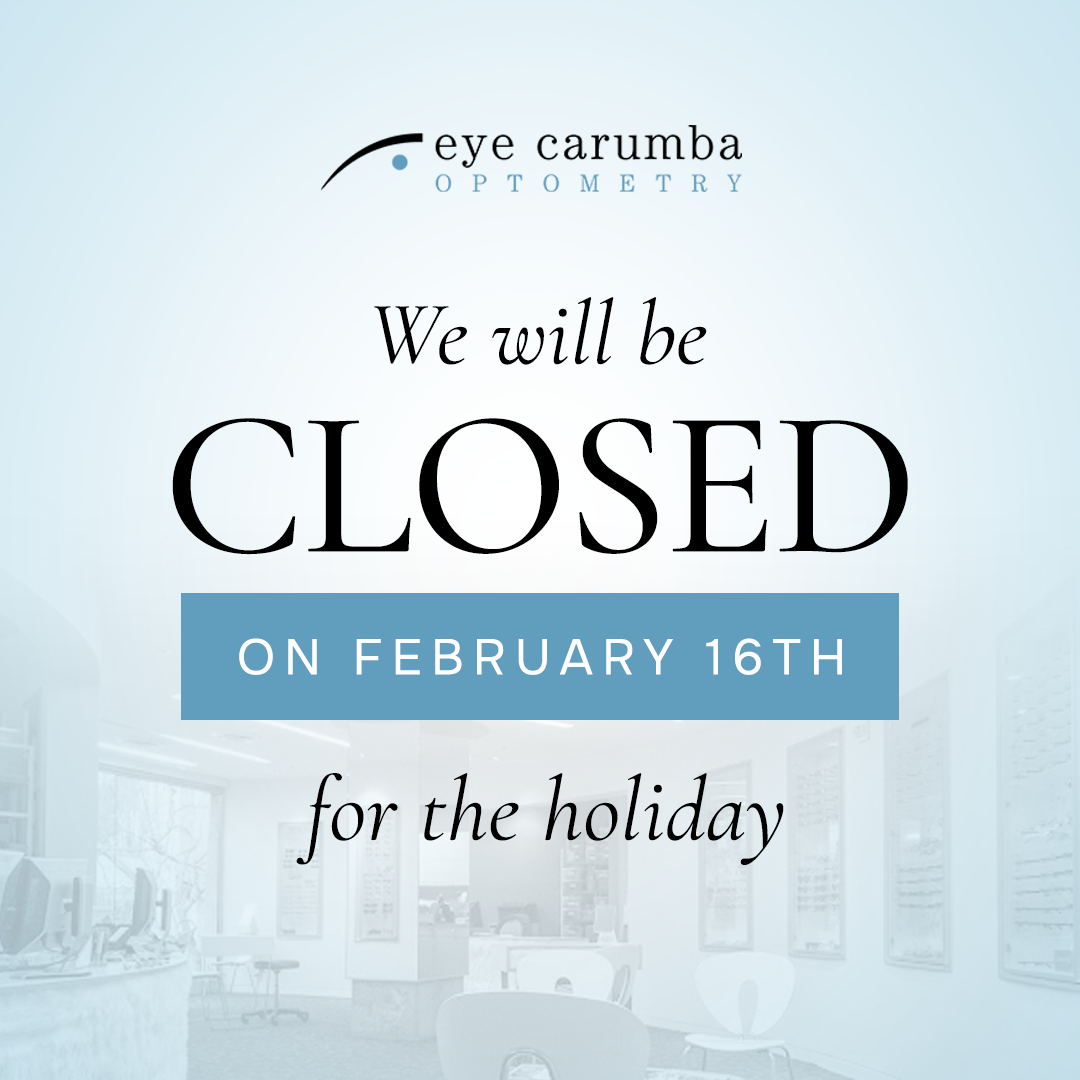
The human eye is susceptible to a range of conditions and diseases, one of the most significant being retinal diseases. When a retinal disease strikes, it can severely impair this process, leading to vision loss. However, with advances in technology and medical understanding, many retinal diseases can now be effectively managed or even cured if detected early.
Common Retinal Conditions and Diseases
There are numerous common retinal conditions and diseases that can affect individuals of all ages. Among these, age-related macular degeneration (AMD), diabetic retinopathy, retinal detachment, and retinitis pigmentosa are some of the most prevalent.
Age-related macular degeneration is a leading cause of vision loss among people aged 50 and older. It causes damage to the macula, resulting in a loss of central vision. Diabetic retinopathy, on the other hand, is a diabetes complication that affects the blood vessels of the light-sensitive tissue at the back of the eye (retina).
Retinal detachment is a severe condition where the retina separates from its underlying tissue. If not promptly treated, it can lead to permanent vision loss.
Lastly, retinitis pigmentosa is a group of genetic disorders that affect the retina's ability to respond to light, causing a slow loss of vision, starting with decreased night vision and peripheral vision.
Symptoms and Signs of Retinal Diseases
The symptoms and signs of retinal diseases may not always be immediately evident, making regular eye exams even more crucial. Some common symptoms include seeing floating specks or cobwebs, blurred or distorted vision, defects in the side vision, lost vision, or seeing flashes of light.
While these symptoms could indicate a retinal disease, they could also be signs of other eye conditions. It's essential to get a comprehensive eye exam to identify the exact cause and start appropriate treatment. In many cases, early detection can significantly improve the prognosis and help maintain good vision.
The Importance of Regular Eye Exams in Detecting Retinal Diseases
Eye exams are more than just for updating your prescription glasses or contact lenses. They play a critical role in detecting retinal diseases early, often before you notice any symptoms. Early detection of retinal diseases, like most health conditions, can lead to more effective treatment and prevent further damage.
During an eye exam, your optometrist will use specialized equipment to examine the back of your eyes, including your retina, for any signs of disease. If any abnormalities are noticed, further tests may be conducted to confirm the diagnosis. Regular eye exams are especially crucial for individuals with risk factors such as age, family history of retinal disease, diabetes, high blood pressure, and previous eye injury or surgery.
Recommendations for Regular Eye Exams
The American Academy of Ophthalmology recommends that adults with no signs or risk factors for eye disease get a baseline eye disease screening at age 40. For individuals over 60, an eye exam every year or two is recommended. However, if you have risk factors for retinal diseases, you may need more frequent exams.
Regardless of your age or health status, if you experience any changes in your vision, you should schedule an eye exam immediately. Regular eye exams are the best way to protect your vision and keep your eyes healthy.
Prioritize Your Vision and Eye Health
Retinal diseases are a significant threat to vision health. However, with regular eye exams, they can be detected early, and in many cases, their progression can be slowed or even halted. Vision loss from retinal diseases is often irreversible, but with early detection and appropriate treatment, you can often maintain your vision.
Prioritize your vision and eye health by scheduling your next eye exam today, contact Eye Carumba Optometry in our San Francisco, California, office. Please call (415) 360-6900 to book an appointment today.







